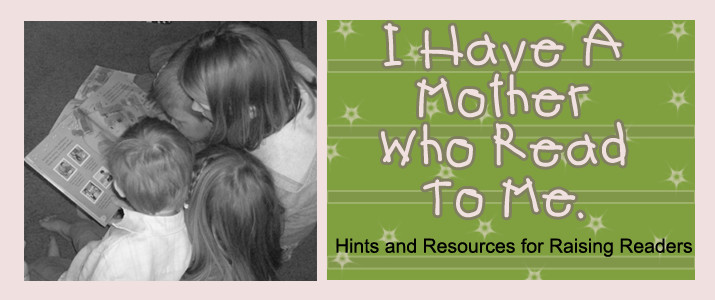
- Researchers at Seattle's Children Hospital studied 2,500 children and concluded that for each hour of daily TV viewing by children under three, increased the the risk of the child devloping attention deficit hyperactivity disorder (ADHD), which is the most common behavior disorder, by 10 percent!
- By age 6, 43% of all children have a television as a permanent fixture in their bedroom. By age 8, 60% of children have a TV in their bedroom. More on TVs in the bedroom later
- "In homes with children age 6 and younger the TV in on at least 50% of the time."
- Long-term studies (like a twenty-six year study published in 2005) show a negative impact on the hours viewing the TV to academic achievement and level of education achieved. Even when researchers controlled for IQ, socioeconomic status, and behavioral problems, how much TV kids watched directly related to how much education they achieved. Forty percent of children who watched less than 1 hour/day earned a bachelor's degree, while only 10% of children that watched 3 hours/day did. The American Academy of Pediatrics recommends 2 hours or less of TV each day. Only 19% of kids who watched 2-3 hours of TV earned a bachelor's degree.
Okay, back to TV in the bedroom. Kid's who have a TV in their bedroom (regardless of ethnicity) have lower math, reading, and language arts scores. (Experts found an average of 10 point difference in math scores and 9 points in reading among kids who did and did not have TVs in their bedroom.) Experts believe this is because they watch more TV than kids who don't. Sleep researches have also found that kids with TVs in their bedroom have more difficulty falling asleep and wake more frequently at night. Thus, they are more likely to be sleepy at school.
Is there a safe level of TV viewing? A very large international study found some positive and no negative effects on learning in kids who watched 1-10 hours of TV/week. After that however, scores declined. Sadly, the average American child is watching 28 hours of TV/week instead of playing, reading or being read to, using their imagination, being creative, using their hands, developing relationships, and other things important for healthy child development.
Clearly, as parents and grandparents we need to be vigilent about monitoring children's TV viewing. Which will be the subject of another post.
By the way, since we've turned off the TV (which at our house means no DVDs) this week, homework has been done earlier, we've gone to the park, we've had more time for bedtime baths, the kids have spent a lot of time riding their bikes, we've played games, there has been more time for chores, there has been less snacking. It has been a productive week!












I TOTALLY agree. My kids watch little to none because of this. And, since they have never watched much, they don't really like it when it is offered. The Baby Einstein videos and the like about give me a heart attack. Really? TV for babies? AHHH!
ReplyDeleteStudies have shown that Baby Einsteins actually hinder language development. So sad for everyone that spent a fortune on them.
ReplyDelete